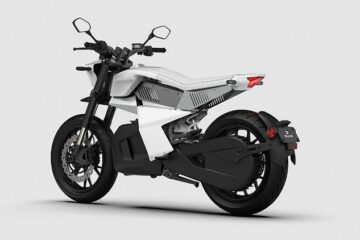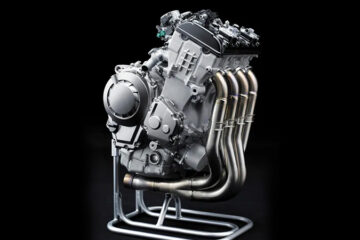Choosing between a motorcycle and a car involves more than just personal preference. Understanding their environmental impact can help you make a greener choice. While motorcycles and cars both contribute to pollution, they differ in how they affect the environment. In this article, we’ll compare their emissions, fuel efficiency, and overall impact on our planet.
Emissions: A Closer Look
Both motorcycles and cars release emissions that harm the environment. These emissions include carbon dioxide (CO2), nitrogen oxides (NOx), and particulate matter. However, the amount and type of pollutants differ between these two vehicles.
Cars generally emit more CO2 because they consume more fuel. Larger engines and heavier weights lead to higher fuel consumption. In contrast, motorcycles usually have smaller engines and lighter frames, resulting in lower CO2 emissions. However, motorcycles can emit higher levels of NOx and hydrocarbons, which contribute to smog and air pollution.
Many motorcycles lack advanced emission control systems found in cars, such as catalytic converters. As a result, motorcycles can release pollutants that are more harmful to human health. Although they produce less CO2, their emissions can still impact air quality.
Fuel Efficiency and Consumption
Motorcycles often boast better fuel efficiency compared to cars. Smaller engines and lighter designs allow motorcycles to travel more miles per gallon of fuel. This efficiency reduces the overall fuel consumption, making motorcycles a greener choice in terms of fuel use.
For example, many motorcycles achieve over 50 miles per gallon, while cars average around 25 to 30 miles per gallon. By consuming less fuel, motorcycles contribute less to greenhouse gas emissions. However, factors like riding style and engine size can affect a motorcycle’s fuel efficiency.

Impact of Motorcycles vs. Cars
Production and Resource Use
The environmental impact of vehicles extends beyond fuel consumption. Manufacturing processes and resource use also play a significant role. Cars require more materials like steel, aluminum, and plastics due to their larger size. This increased resource use leads to higher energy consumption and emissions during production.
Motorcycles, on the other hand, require fewer materials and resources to produce. Their smaller size means less energy and fewer raw materials are needed. This reduces their overall environmental footprint during the manufacturing process. However, it’s important to consider the entire life cycle, including maintenance and disposal.
Space and Traffic Impact
Motorcycles take up less space on the road, which can help reduce traffic congestion. Fewer vehicles stuck in traffic mean lower emissions overall. Motorcycles also require less parking space, contributing to more efficient land use in urban areas.
Cars, especially in large numbers, can cause significant traffic jams, leading to increased idling and fuel consumption. This not only wastes fuel but also contributes to higher emissions. By choosing motorcycles, commuters can help ease congestion and reduce their environmental impact.
Noise Pollution
Motorcycles often produce more noise pollution than cars due to their engine design and exhaust systems. Loud motorcycles can disturb wildlife and negatively impact human health in urban areas. While some cars also contribute to noise pollution, motorcycles typically generate higher noise levels.
Reducing noise pollution involves using quieter exhaust systems and practicing considerate riding habits. Choosing electric motorcycles or cars can further decrease noise pollution, offering a quieter and cleaner alternative.
Electric Vehicles: A Greener Option
Electric motorcycles and cars offer a more environmentally friendly alternative to traditional gas-powered vehicles. They produce zero tailpipe emissions, significantly reducing their impact on air quality. Electric vehicles also benefit from advancements in renewable energy, making them even greener as the grid becomes cleaner.
While electric cars currently have a larger market presence, electric motorcycles are gaining popularity. They provide a sustainable option for riders looking to reduce their carbon footprint. Choosing electric over gas-powered vehicles can greatly benefit the environment.
Final Thoughts
Both motorcycles and cars impact the environment, but their effects differ in several ways. Motorcycles generally use less fuel and take up less space, offering some environmental advantages. However, their emissions can still harm air quality, and they often contribute to noise pollution.
Choosing the greener option depends on various factors, including vehicle type, fuel efficiency, and personal habits. For a more sustainable choice, consider electric motorcycles or cars, which offer significant environmental benefits. By making informed decisions, you can help reduce your impact on the planet and contribute to a cleaner, greener future.


